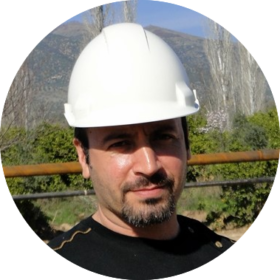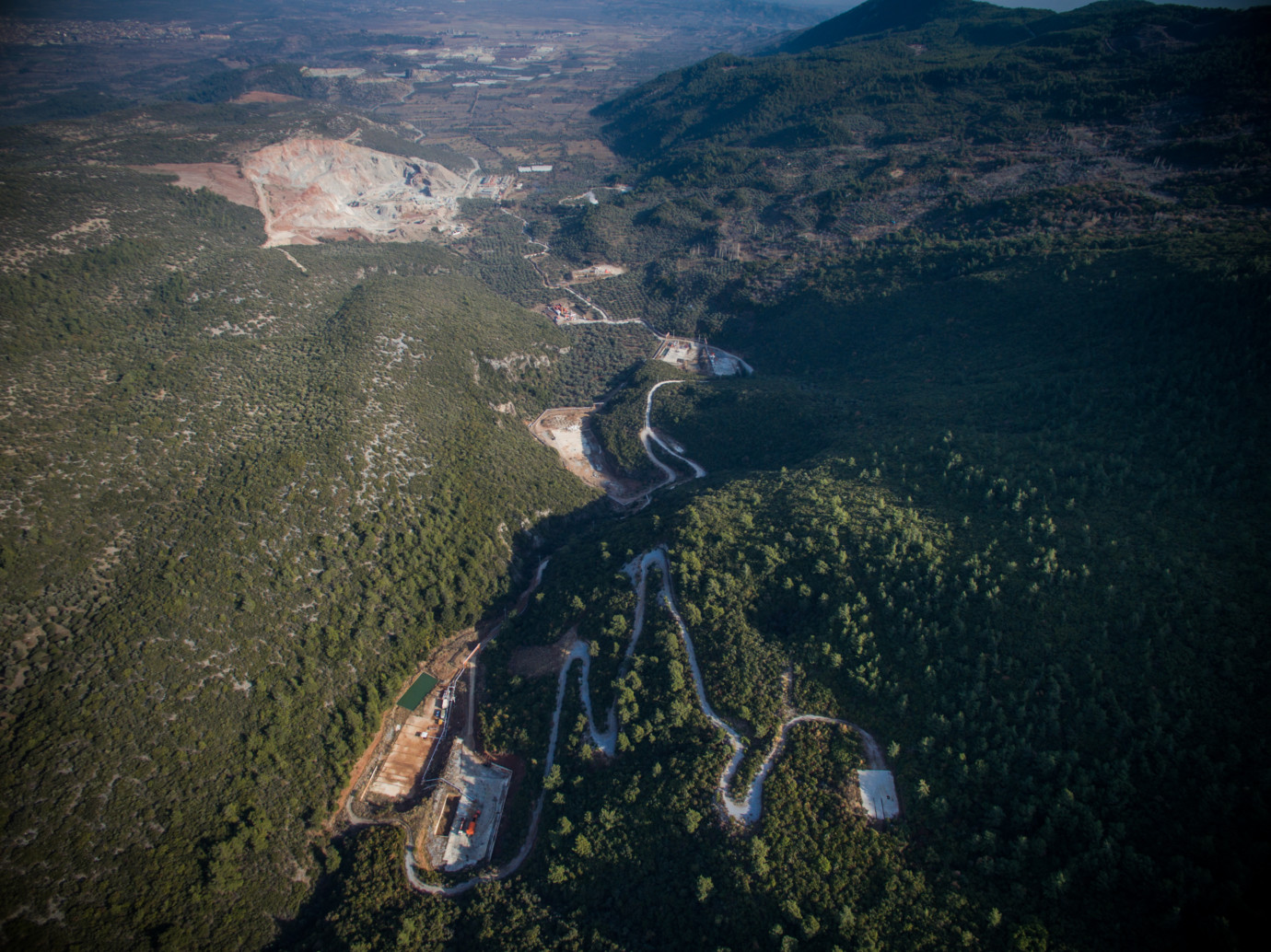What advantages and what constraints does Turkey offer in terms of energy production?
Mehmet Eren: Turkey has a very fast-growing industry and population, as a result of which, energy production and new investments are increasing. There are great opportunities to make renewable energy investments here.
Camal Rahmouni: For me, another very good point about Turkey is that it is a primarily industry-oriented country. Whatever technical challenges you might face, you can easily find the right company to overcome them, and efficient local teams to support you.
Can you describe Turkey’s current energy mix? How does geothermal energy fit into this mix?
Mehmet Eren: In 2021, 31.4% of Turkey’s energy production was from coal, 32.7% from natural gas, 16.8% from hydraulic energy, 9,4% from wind, 4% from solar, 3,2% from geothermal and 2.4% from other resources. With installed capacity totalling almost 1,700 MW, Turkey is the world’s fourth-largest geothermal energy producer by this metric, after the USA, Indonesia and the Philippines.
What are the advantages of an energy like geothermal energy?
Mehmet Eren: Geothermal energy is a reliable, sustainable source of renewable baseload electricity for local power networks. Geothermal power plants need no fuel, and differ from other renewable energy sources (e.g. wind and solar power) in their ability to operate 24/7 with a 98-99% availability rate.
Camal Rahmouni: Let’s also not forget that with geothermal energy, there is no need to procure raw materials, as is the case with coal or natural gas. With geothermal energy, you have high initial capital costs, when you have to drill wells (as for oil and gas) but once this has been completed successfully, you have resource available for decades and the only residual costs are for maintenance and operation of the wells and power generation facilities. Geothermal energy plays an essential role in Albioma’s portfolio. It’s a renewable energy, with a low carbon footprint. It has a low land impact as well: this very compact industrial site also fulfils local greenhouse and district heating needs, as well as supporting local employment.
Mehmet Eren: As Camal says, these power plants need no fuel, only heat energy from underground. This is a limitless, renewable resource, if properly managed to ensure that the reservoir receives as much heat as is taken from it.
“With geothermal energy, you have high initial capital costs, when you have to drill wells (as for oil and gas) but once this has been completed successfully, you have resource available for decades and the only residual costs are for maintenance and operation of the wells and power generation facilities.”

International Development Director at Albioma
Tell us more about the Gümüsköy plant…
Mehmet Eren: The plant has been operating since 2013 with the aid of a team of 18 fitters, electricians, maintenance technicians and guards. This power plant has an installed capacity of 13.2 MW, enough to power 7,000 homes.
Considerable potential exists to roll out our geothermal business, given the presence of other plants in western Turkey’s Aydın, Denizli, Çanakkale and Manisa regions. Also, at Gümüsköy, we hire non-technical staff from local villages. I feel a high level of mutual respect and solidarity between our company and the local population.
Why did Albioma decide to acquire the Gümüsköy plant?
Camal Rahmouni: When we identified Turkey’s strong potential, we decided to enter the market via an acquisition, rather than a greenfield project, which would have entailed searching for a suitable site, applying for planning permission and licenses, and so on, all in an as-yet unfamiliar country. The Gümüsköy acquisition minimized the industrial risks inherent to a new business, particularly as the plant already offered significant expansion potential. For Albioma, Turkey has now set a benchmark, giving the Group experience and credibility in geothermal energy production.
Did Albioma carry out any maintenance or renovation works to the plant? Are more works planned and why?
Mehmet Eren: When Albioma came on board, we started a big campaign to maximize production and minimize onsite power consumption. We have also carried out some renovation work and are now commencing the permitting phase for a new geothermal power plant covered by our existing licence.
Camal Rahmouni: What’s next for us? We intend to continue developing new projects here in Turkey. However, we are also laying the groundwork for some other projects, including in the French overseas territories!
“Geothermal power plants need no fuel, and differ from other renewable energy sources in their ability to operate 24/7 with a 98-99% availability rate.”

Plant Manager at the Gümüsköy plant
Background
Camal Rahmouni, based in Paris, has been the International Development Director at Albioma for over three years, with over 20 years’ experience in the development of renewable energy. Mehmet Eren, based in Gümüsköy, is an electrical and electronics engineer who has served as Plant Manager for the past eight years. He has extensive industry experience, including helping to commission Turkey’s first geothermal power plant, in 2005.

